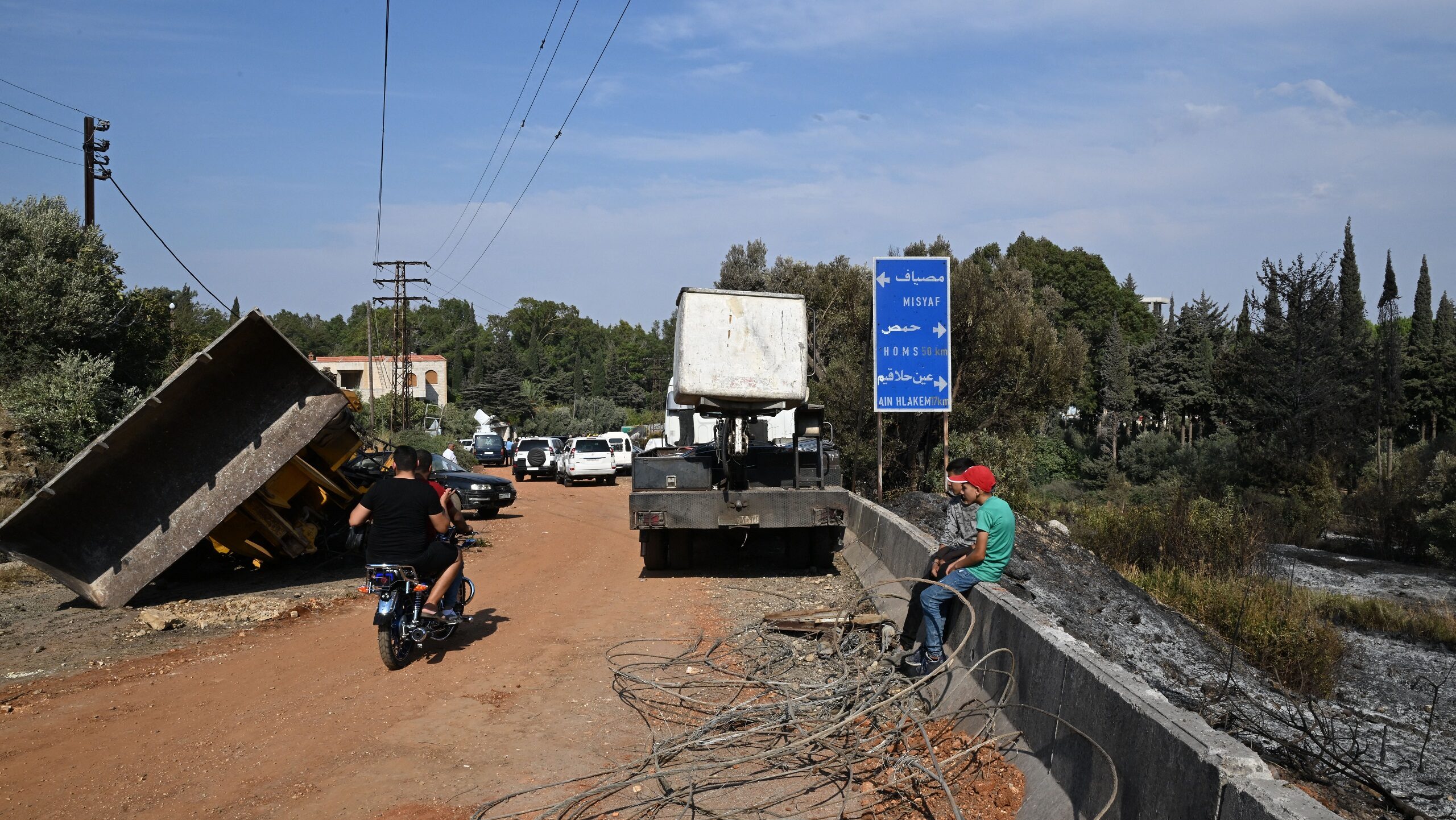Fears of Israel-Hezbollah War Grow as Netanyahu Calls for Action in the North
Facing stalled talks for a cease-fire agreement and hostage deal amid global and domestic pressure, Israeli PM must also deal with Iran’s proxies while preventing all-out war
This week, concerns over the likelihood of an all-out war between Israel and Hezbollah have intensified. The conflict now appears to be a question of “when” rather than “if.” Israeli Prime Minister Benjamin Netanyahu stated that the situation in the north must change, while National Unity party leader Benny Gantz warned that the conflict may be imminent, saying it is already unfolding “too late.”
The government is committed to ensuring all northern residents return home safely
Netanyahu instructed the Israeli military to prepare to “change the situation in the North,” emphasizing that “it cannot continue, and the government is committed to ensuring all northern residents return home safely.”
Netanyahu also recognized Hezbollah as Iran’s most “formidable extension” in the region. He suggested that defeating this Iranian proxy could resolve the near-daily cross-border hostilities between Israel and Hezbollah.
On Sunday, at the closed-door Middle East America Dialogue summit in Washington, DC, Gantz criticized Israel’s response to the Shia militia, saying it was already “too late.”
“I believed, for several months, that we had enough troops to deal with Gaza, and that we should focus on what is happening in the north of the country,” Gantz reportedly said.
“In Gaza, we have reached a crucial point in the campaign. We can conduct anything we want there. We should seek to reach an agreement to release the hostages, but if we can’t achieve that in the coming days or weeks, we must go up north,” he added.
Give the gift of hope
We practice what we preach:
accurate, fearless journalism. But we can't do it alone.
- On the ground in Gaza, Syria, Israel, Egypt, Pakistan, and more
- Our program trained more than 100 journalists
- Calling out fake news and reporting real facts
- On the ground in Gaza, Syria, Israel, Egypt, Pakistan, and more
- Our program trained more than 100 journalists
- Calling out fake news and reporting real facts
Join us.
Support The Media Line. Save democracy.
We often hear political figures like Gantz discuss the possibility of a northern war, but as of now, neither side seems eager to start it
Eyal Zisser, vice rector of Tel Aviv University and a lecturer in Middle Eastern history at the Moshe Dayan Center, told The Media Line, “We often hear political figures like Gantz discuss the possibility of a northern war, but as of now, neither side seems eager to start it.”
“Israel is in a complex situation, with stalled cease-fire and hostage deal talks, international pressure, and Iranian proxies targeting the country for nearly a year,” Boaz Shapira, a researcher at the Alma Center, told The Media Line. “Israel has a real chance to eliminate the Hezbollah threat and allow 60,000 citizens to return to the North. But it must be cautious to avoid repeating the events of 2006.”
Shapira argued that Israel should target the root of the conflict: Iran. He suggested that Israel’s hesitation might stem from waiting for the outcome of the upcoming US presidential election, as the next president could influence whether Israel receives support for such an attack.
“November is a crucial month for ground operations due to weather conditions, so acting sooner is preferable,” Shapira added. “We also need to remember that two strike groups and carriers are currently stationed in the Middle East, but they won’t be here indefinitely.”
On Sunday evening, Israel launched strikes on military sites in Syria’s Masyaf area, reportedly killing at least 14 people and wounding 43, according to Syrian state media.
The Masyaf area, located west of Hama, is believed to serve as a base for Iranian forces and militias. It houses the Scientific Studies and Research Center (SSRC), also known by its French name, Centre D’Etudes et de Recherches Scientifiques (CERS), which Israel claims is used by Iran to manufacture precise surface-to-surface missiles.
Western officials have long linked CERS to chemical weapons production. The US claims that sarin gas has been developed at the facility.
“We believe the target was likely Institute 4000, a division of CERS that primarily focuses on manufacturing missiles and rockets, particularly for Hezbollah,” Shapira said.
“In May, we published a paper calling for the destruction of the CERS facility in Syria. It was once used by the Syrian government but is now largely controlled by Iran. Iran’s strategy is to manufacture weapons in Syria and smuggle them to Lebanon, bypassing the longer route through Iraq and Syria,” he added.
The main issue that Israel is facing now is Netanyahu wanting to survive politically at all costs, and this has been impacting the country more than the war itself
“Yesterday’s events in Syria reflect Israel’s strategy of targeting Hezbollah and Iran from Syrian territory. These strikes will continue, but they won’t fundamentally change the situation,” Zisser concluded. “The main issue that Israel is facing now is Netanyahu wanting to survive politically at all costs, and this has been impacting the country more than the war itself.”



